SEO Semântico e a nova Web dos sentidos – Uma introdução
Este artigo foi recuperado e atualizado de uma série de posts que fiz ano passado sobre o uso da Semântica, no SEO. Nele tento explicar, de forma simples, como a semântica aplicada a Web vai transformar os negócios de todos os tamanhos.
SEO Semântico e a nova Web dos sentidos
A Web e a Semântica são dois parceiros perfeitos para transformar a Internet como a conhecemos, mas existe um desafio a ser enfrentado.
Um problema semântico
A Web, em nossos dias, tem um problema sério. Ela está partida e precisa ser urgentemente recuperada.
De um lado nós humanos, utilizando todas as vantagens da Rede: lendo, ouvindo, criando, compartilhando.
Do outro lado as máquinas, trocando informações, trafegando dados, tentando entender o que criamos, compartilhamos, da melhor forma possível.
Dois idiomas.
Esses dois agentes da Web Moderna não falam a mesma língua.
É como se, do lado humano, só falássemos Português e as máquinas o Cantonês.
E para alcançarmos o poder máximo da Web é preciso falar a mesma língua.
É para resolver isso que foi pensada a Web Semântica.
Mas o que vem a ser isso?
Significados e Significantes
Antes de qualquer coisa precisamos voltar ao básico e definir os termos que estamos e vamos falar durante todo este artigo.
A Semântica¹ (do grego σημαντικός, sēmantiká, plural neutro de sēmantikós, derivado de sema, sinal), é o estudo do significado e incide sobre a relação entre significantes, tais como palavras, frases, sinais e símbolos, e o que eles representam, a sua denotação.
Esses termos e significados não são estranhos a quem é ligado às áreas que estudam línguas. A semântica linguística estuda o significado usado por seres humanos para se expressar através da linguagem.
E adaptando e usando termos e conceitos deste ramo do conhecimento humano temos a semântica aplicada as linguagens de programação, da lógica formal, e da semiótica.
A semântica contrapõe-se com frequência à sintaxe, caso em que a primeira se ocupa do que algo significa, enquanto a segunda se debruça sobre as estruturas ou padrões formais do modo como esse algo é expresso (por exemplo, as relações entre predicados e seus argumentos). Mal comparando, é como na web temos as ontologias, vocabulários e domínios (relacionados à semântica) e o código, os schemas e os modelos de dados, que estruturam “sintaticamente” as informações.
A Relação entre Semântica e a Web
A Web Semântica nada mais é do que uma web com toda sua informação organizada de forma que, não somente seres humanos possam entendê-la, mas principalmente as máquinas podem “traduzir” toda os dados (textos, imagens, arquivos e as relações entre eles) para uma linguagem que elas entendam.
No dia que o mesmo conteúdo online poder ser lido tanto por seres humanos quanto por computadores, estaremos bem próximos da visão da web semântica sonhada por Tim Berners-Lee.
Neste dia poderemos usar o poder das máquinas em tarefas que hoje fazemos manualmente, coletando e processando informação de uma maneira nunca vista antes. Mas como surgiu essa “nova web”?
Na segunda parte deste artigo vamos falar sobre a história da Web Semântica, os seus personagens e como a sonho dessas pessoas vão construir a web do futuro.
SEO Semântico é o futuro
O SEO se tornou semântico quando começamos a trabalhar com essas técnicas, tecnologias e linguagens que permitem que criemos sentido em nossos conteúdos. Inovações como o BERT do Google, o uso de Knowledge Graphs em resultados de buscas nos apontam que não basta mais fazer o trabalho como fazíamos antes.
Relacionar as palavras que usamos, as conectando através de seu sentido normalizado é uma premissa tanto para quem cria conteúdos para Web como para nós, que otimizamos esses conteúdos. E o SEO já é Semântico hoje em dia!
¹ “Semântica – Wikipédia, a enciclopédia livre.” https://pt.wikipedia.org/wiki/Sem%C3%A2ntica. Accessed 4 May. 2017.
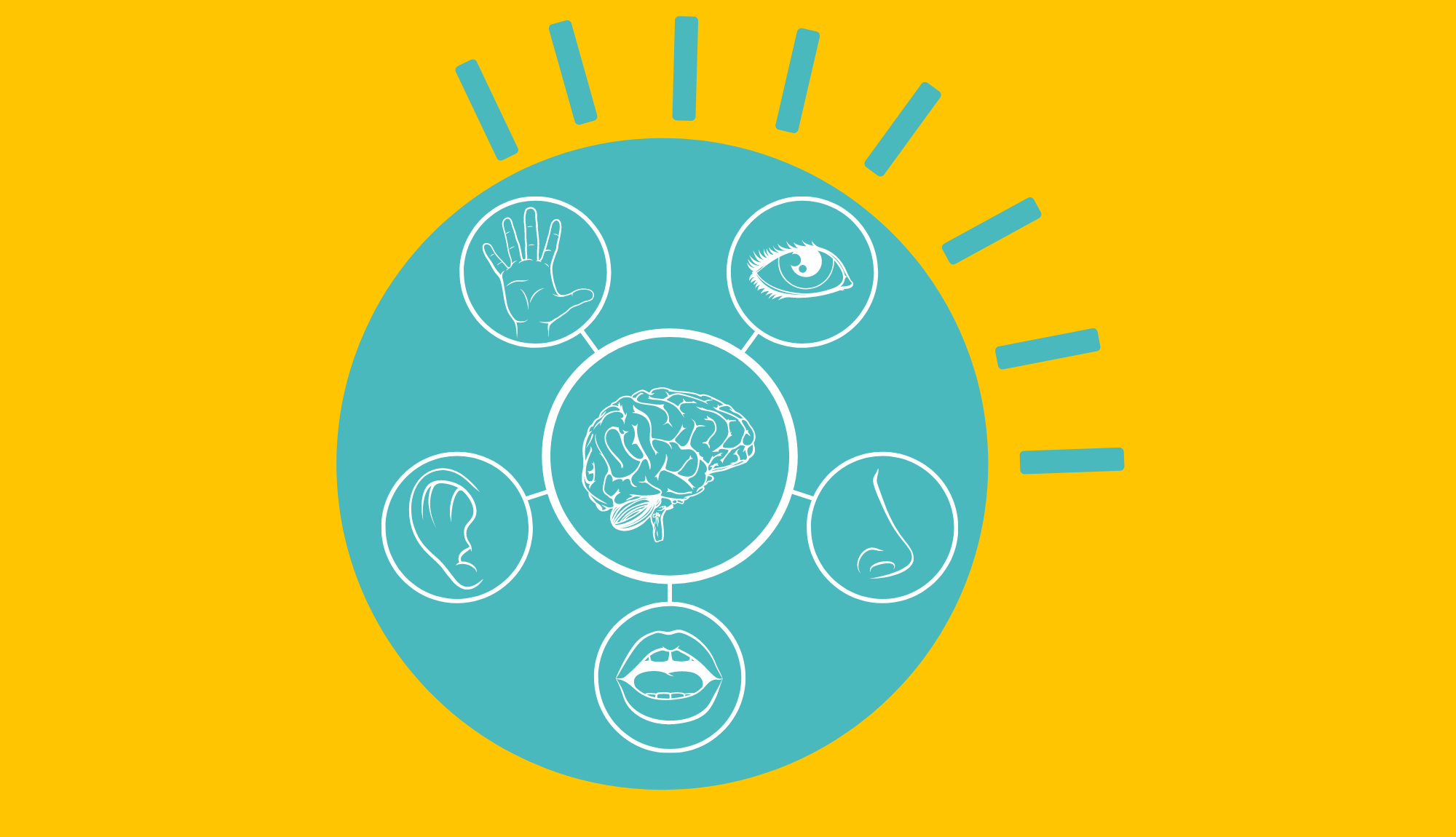
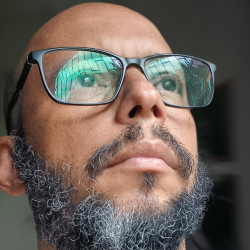
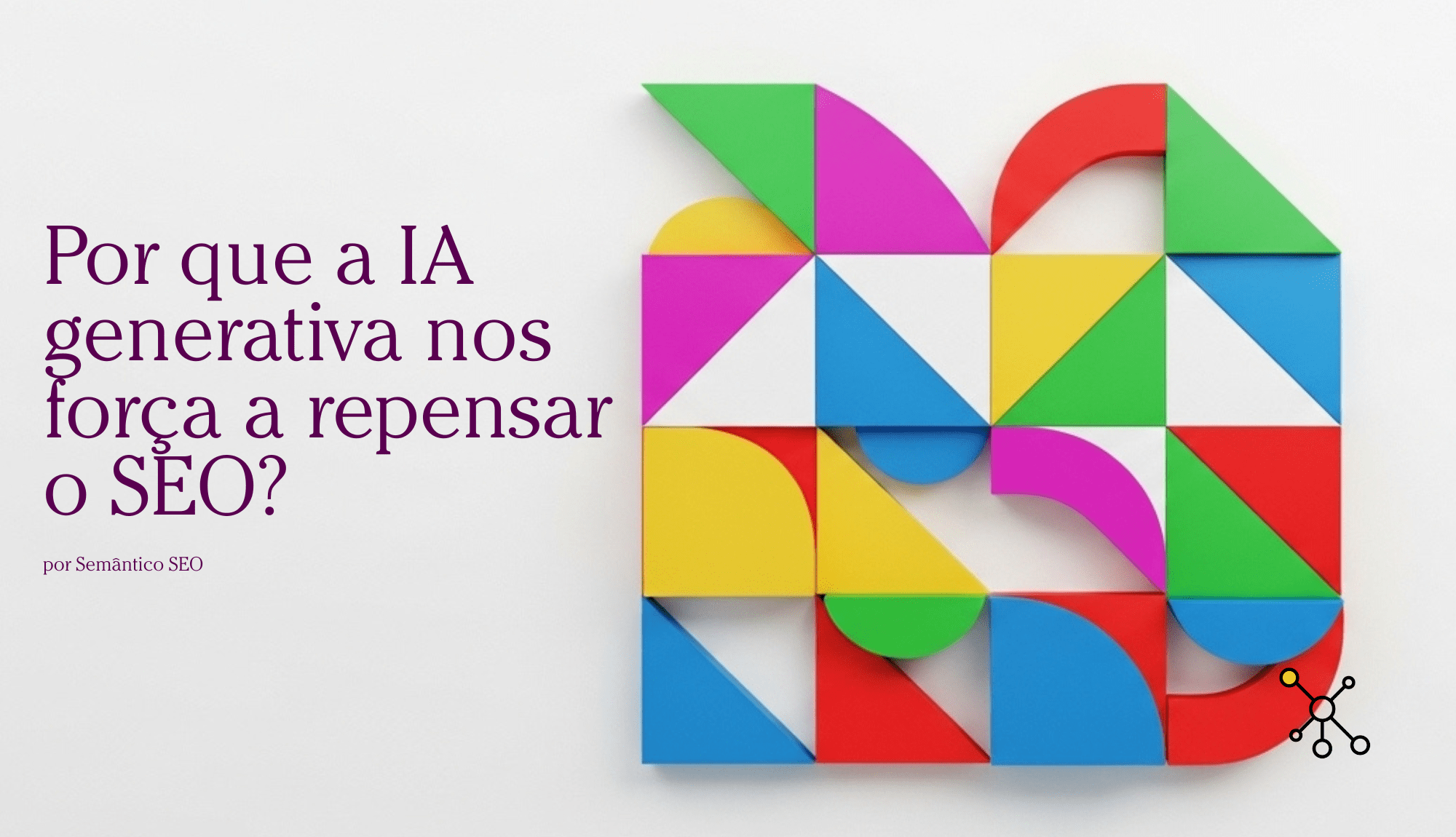
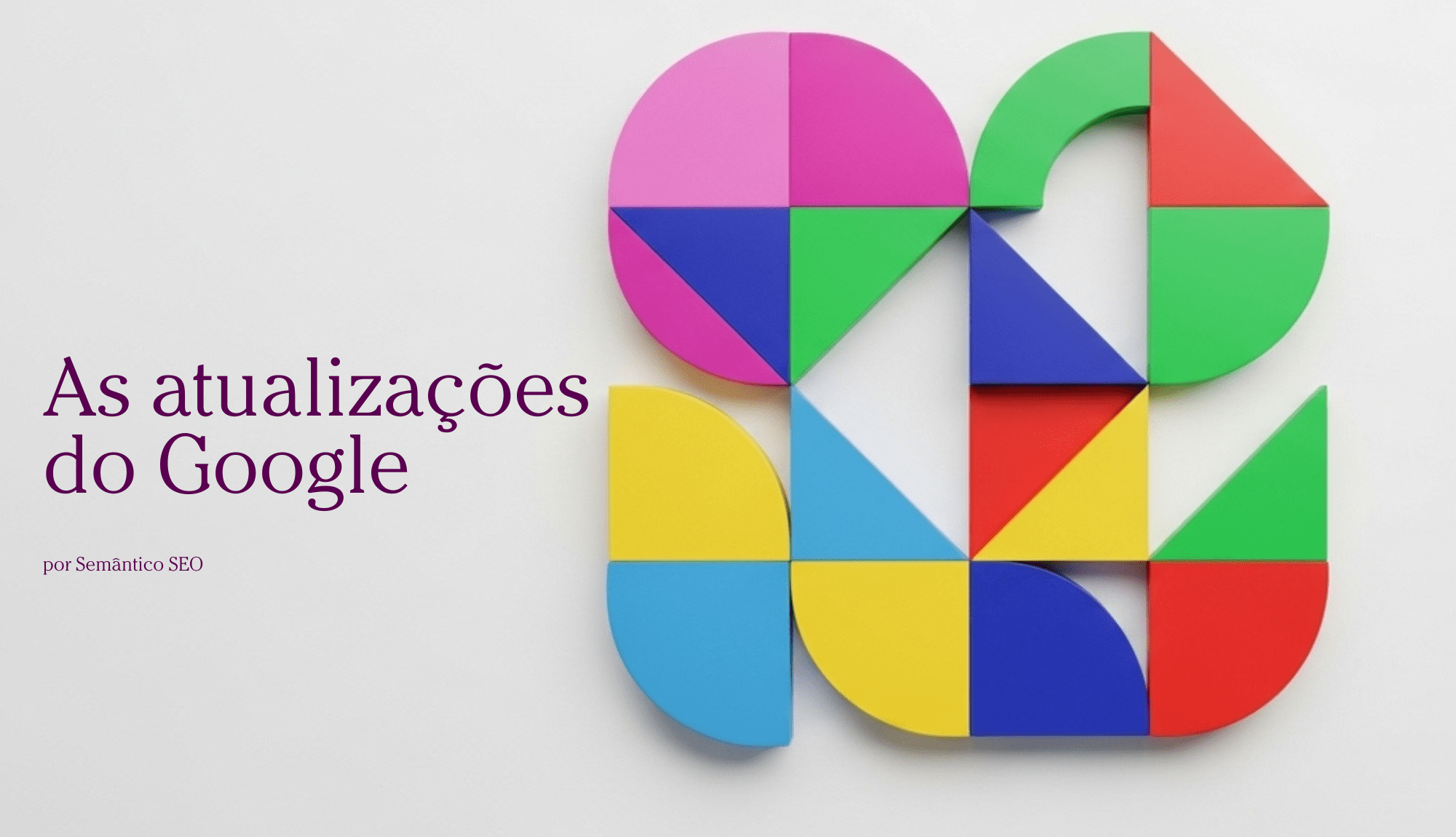
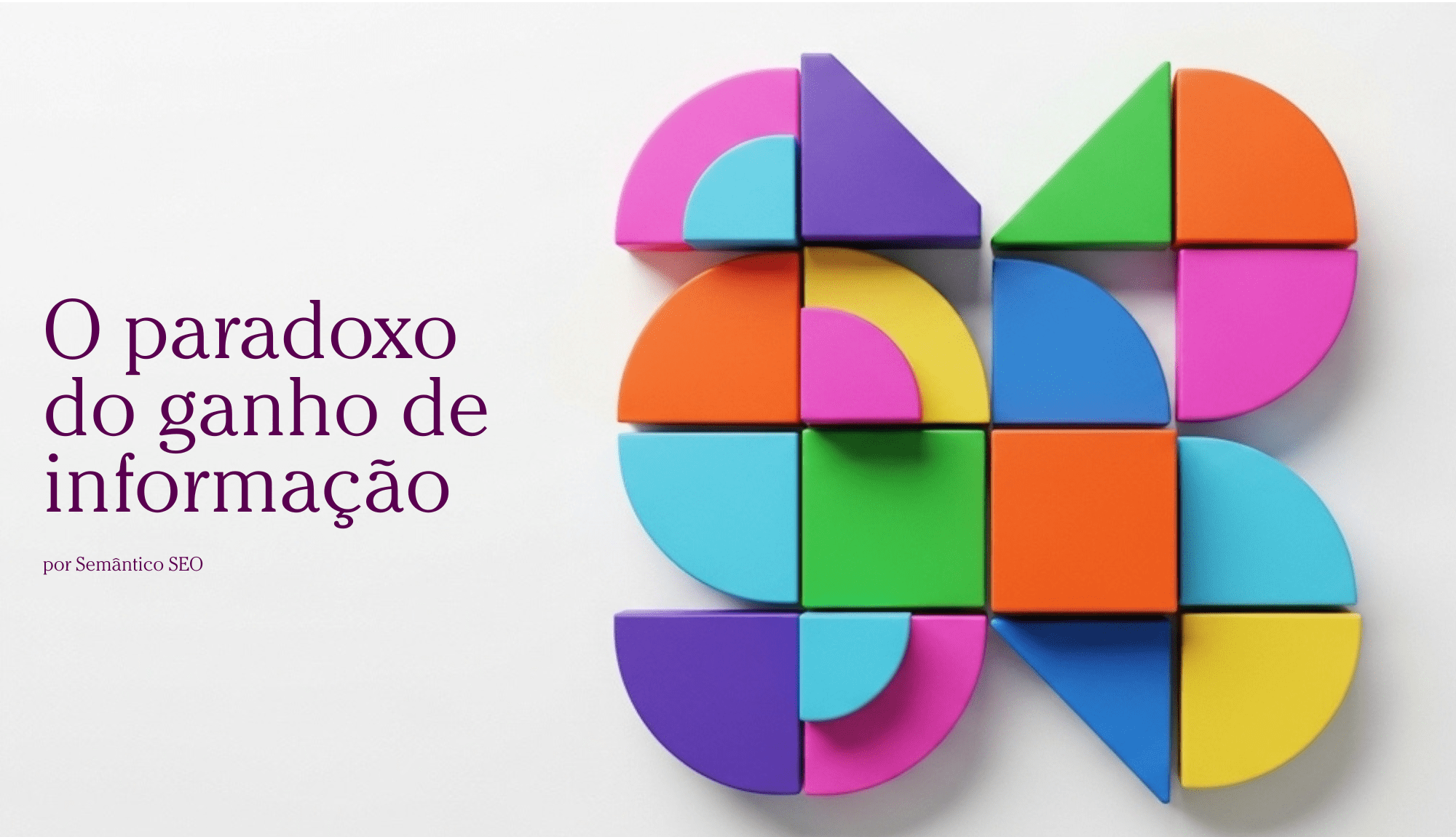
Publicar comentário